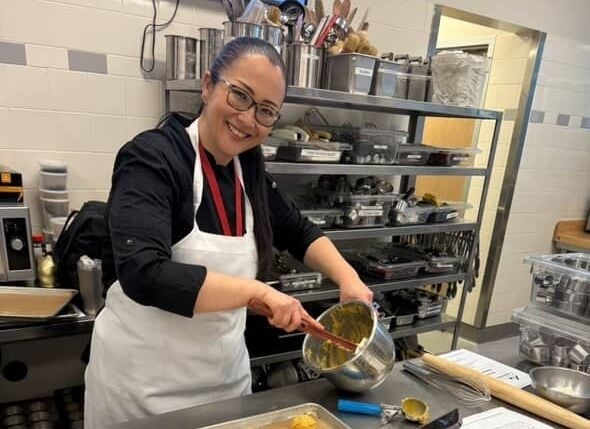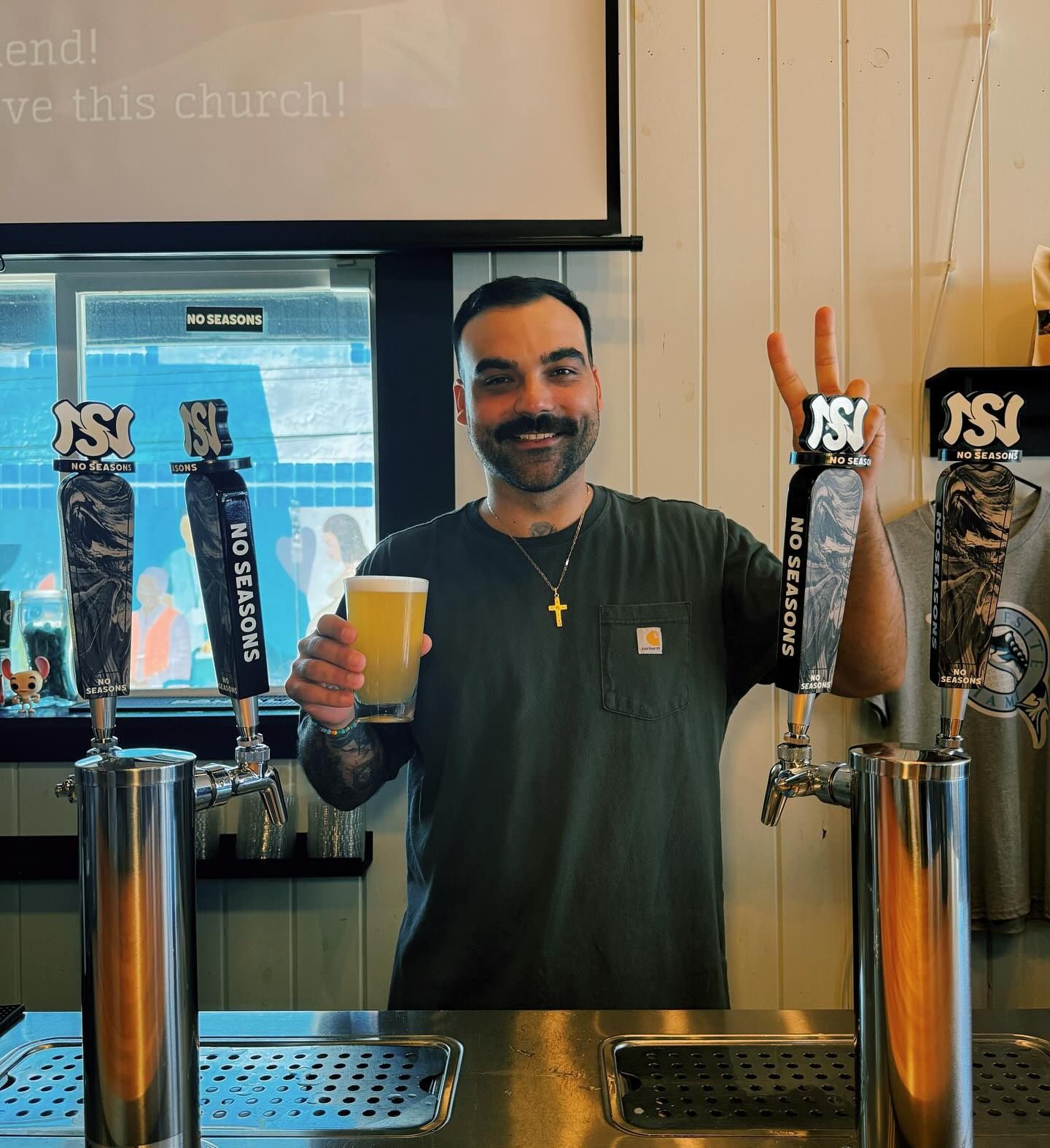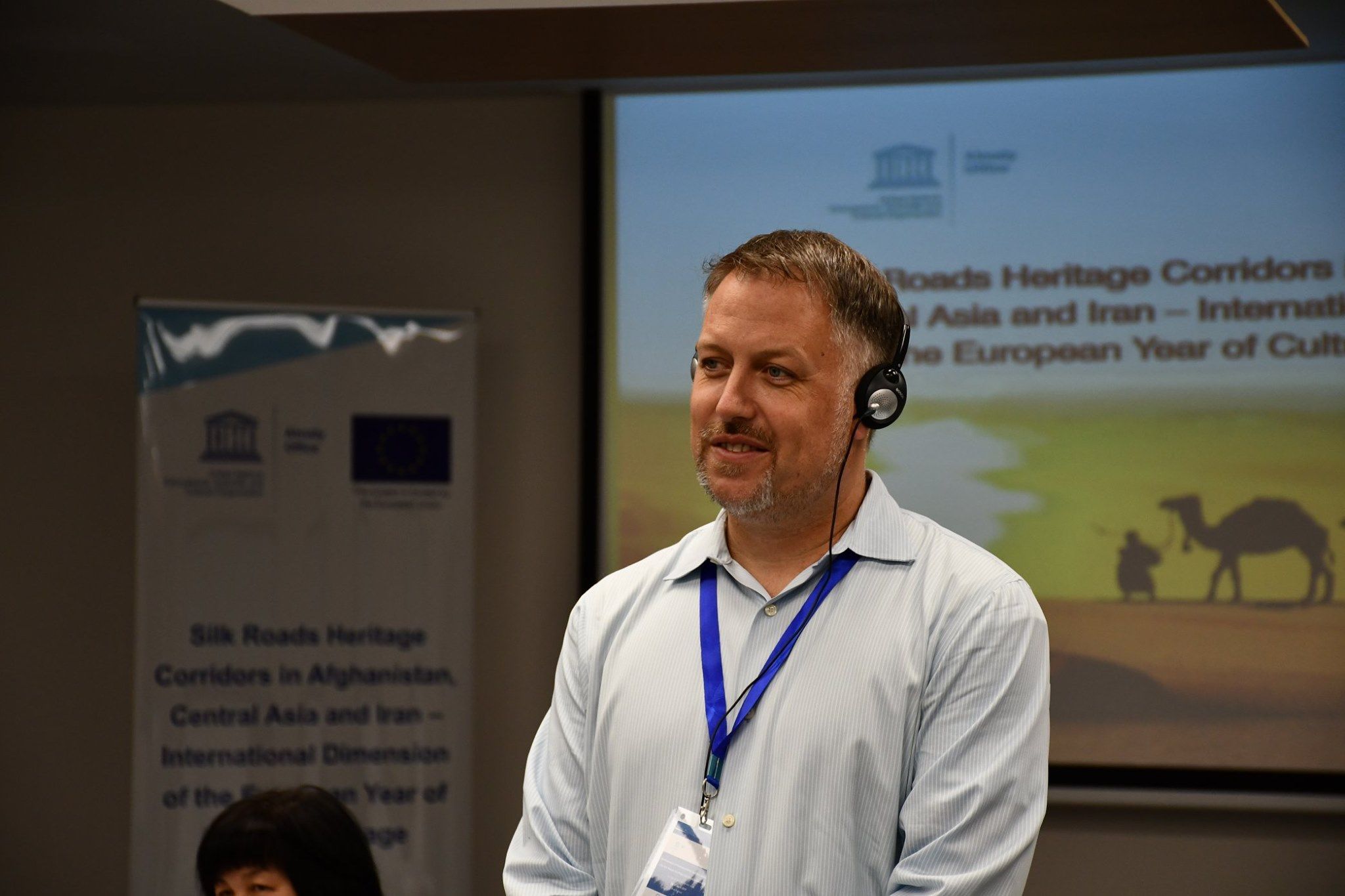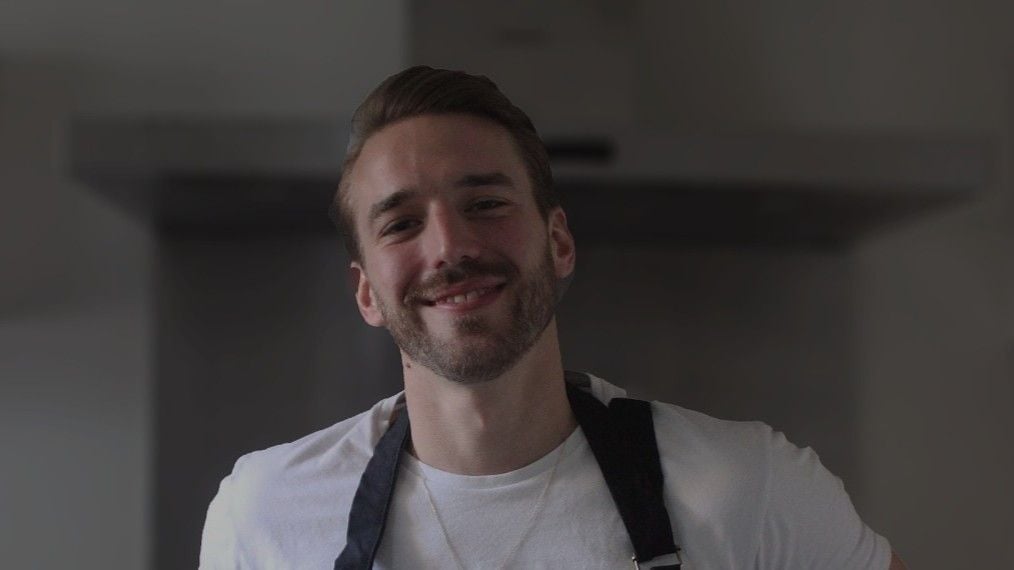Starting with just £500 and a one-way ticket, Chef Paul Liebrandt shares his journey from London to a multi-Michelin-starred career in New York City. Discover his insights on risk and the true meaning of success. We at OysterLink recently sat down with Chef Paul Liebrandt to talk about his journey.
Could you please introduce yourself and tell us a bit about your career path?
Paul Liebrandt: I am a chef restaurateur based in New York City, USA. I'm originally from London, United Kingdom. I did my initial training in London and then went to Paris, and I also did training there. I worked with, in my humble estimation, some of the best that the world has: Marco Pierre White, Pierre Gagnaire, Le Manoir aux Quat'Saisons, like icon restaurants and restaurateurs.
I then made a decision to visit New York City, and I fell in love with America and New York, and the spirit of this country. And so I moved here and I set up a new life in New York. I was 24 when I moved here. I proceeded to open a number of restaurants in New York, Manhattan, Brooklyn, etc. And yeah, I've been warmly embraced by the American beautiful people that live here.
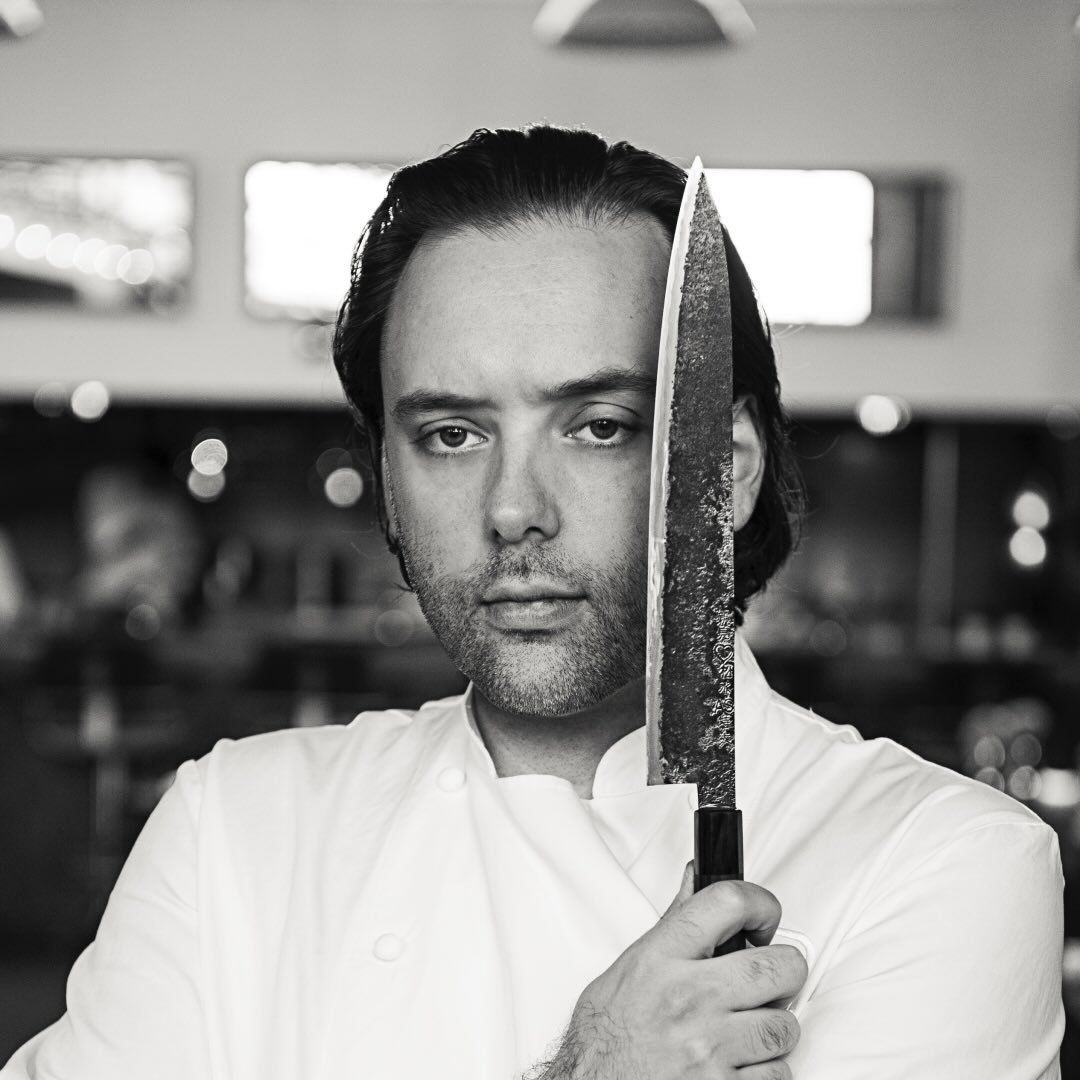
You became a head chef at a very young age. So is it true that burnout is part of this industry?
Paul Liebrandt: About the fact that I became a head chef, leading a kitchen at 24, I started cooking when I was 15. So that was nine years, which is a decent amount of time to do, you know, at least learn the fundamentals. So, for my sake, it was maybe not normal in that way, because most don't start at that age. But now, it's a stressful business. It can happen. It does happen. It's not for the faint of heart. No, no, it's a tough business.
To be the successful person you are today, what are the biggest risks you've taken in your career?
Paul Liebrandt: Well, moving to another country with no job, no family, no money.
I literally came to New York in 2000 for a week on my own for a holiday. And I just fell in love with the city. And I had, I think it was like 500 bucks in my pocket and a round-trip plane ticket.
So I went back home to London, got rid of everything, and just moved here. And I got a visa, and I built a life from literally just knocking on doors and saying hello.
That is definitely one of those things in life that was a big risk at the time. You're young, you're naive. I didn't see it as a risk. It was more like an adventure, but that would be one of them. I think what was impressive was definitely when I went to work in Paris, at that time in the nineties, when I was in London.
If you were working in London in the sort of two- to three-star Michelin cadre of restaurants as I had done, and then you went to France as a finishing school, so to speak. Different language, different culture, more food-centric at that time, I think, than the British gastronomy, so to speak. A lot of influence, obviously.
So going there was very impressionable in a great way. Bakery on every street, the culture of food, the culture of gastronomy, the detail and attention to detail. And I've always said this, that in my mind as a young man, I was 19 when I went there, going there really opened my eyes to what the world could be in the form of haute cuisine.
You mentioned knocking on doors, and I've heard this before. Do you advise young job seekers to go door to door, show up in person when looking for a job? Do you think this is a good strategy in this job market today?
Paul Liebrandt: I think most definitely for a young person to have the will and the desire to go knock on a door and say, "I see what you're doing. I want to be a part of this." That's the biggest compliment any of us could have when a young person comes to us. I did it so I understand it!
You know, it's, I have to be honest, sadly getting less and less every year, and I think that's culture as it goes back in historical terms, things come and go, that's the nature of being a human on earth, right? Everything comes and goes. But I think certain things like that really show the human spirit, that's maybe not the right word, but the drive that if you see something and you're like, it's not about money, it's not about position, it's bout wanting to be a part of something bigger than yourself.
Knocking on that door as a young person, taking that step through the door. And I was told this, and it's very true, when I was young, and I've said this to all the younger team members that have worked with us throughout the years.
I can show you the door, but you have to walk through it. So it's something, it's a metaphor I know, but it's true, it's very true.
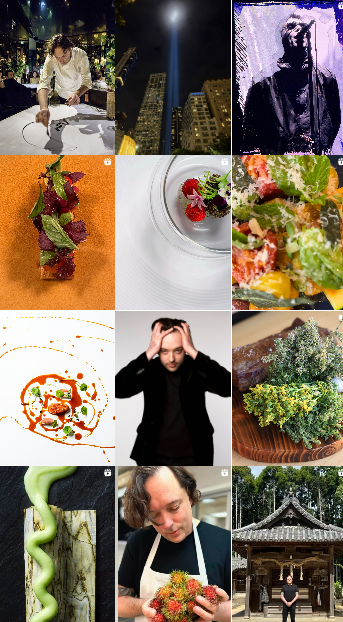
What are some of the red flags and the green flags you look for when interviewing potential employees?
Paul Liebrandt: I think green flags, like I said, to just show up unannounced, is a great beginning. Obviously, it shows a lot of integrity to want that; it's not about in this day and age, it's not about what you bring to the table.
what you think you have because as a young person when you come into my kitchen, you come into my world, my expectations are maybe different to what you think they're gonna be, or they are.
So my role is to train you, but training's maybe not the right word; it's to give you a direction and make sure that the ship that you're sailing on is going in the right direction, as it was done for me. And that isn't about social media. It's not about money. It's about something much bigger than that. Things that were taught to me, and I'm saying this because there are some things that I feel translate above human, it doesn't ever change.
Things that were taught to me when I was 15, when I walked into the kitchen, are still with me now. And the value and the longevity of those things.
I'm not talking so much about the cooking, like technical cooking, you know, discipline, showing up on time, respect, having a sense of urgency, having a sense of duty, if you will, to yourself, but the team around you, to the customers, to all of it. A sense of responsibility is something that I don't think will ever go out of fashion.
I mean, it comes and goes, and we approach it in different ways, I suppose, throughout history. Those things when you're young, we all need guidance.
So I think what I'm looking for is those little dots that I can see, that I know those dots will join up, and that that person can step into our world and grow and become 10 times better when they leave us and go on to win Michelin stars and be successful in the run right.
It's a business, but I think that's a far bigger thing for me anyway. That's far more handing the baton, so to speak, to the next generation. That to me is something that is green, definitely a big green flag to look for. It's hard to look for, I guess you have to have a bit of experience.
Red flags, well, there are a lot of those these days. I don't want to be negative, but culturally wise, right now, I think ego is always one that every human has. You can see it, and it comes in various forms. It's never a good thing, never a good thing. I think sometimes you just let somebody talk when you do the interview. You let them talk, and you listen, and you don't talk.
You mentioned ego. Do you think that social media presence sometimes contributes to an ego for inexperienced people with a big social media presence?
Paul Liebrandt: Absolutely. Isn't it true that we covet what we see? We want what is around us. And the environment around us, we've been bombarded every day. Images, videos of things that may not be real, not real life. And the image of what you think should be, that is, very much the world these days. But then again, that's nothing new
Young minds are very easily focused on beautiful pictures of food. And that's what they want to do, but they forget or don't know. I don't know. I can't speak for others, but the thousands of hours that it takes to get to the point of being able to do that.
It's not just about showing up and the result. You have to learn the craft, the trade, the right mentality to get to that point.
So, that's something with social media obviously is, yeah, it can be good and it can be a little, you know, take the eyes off a little bit.
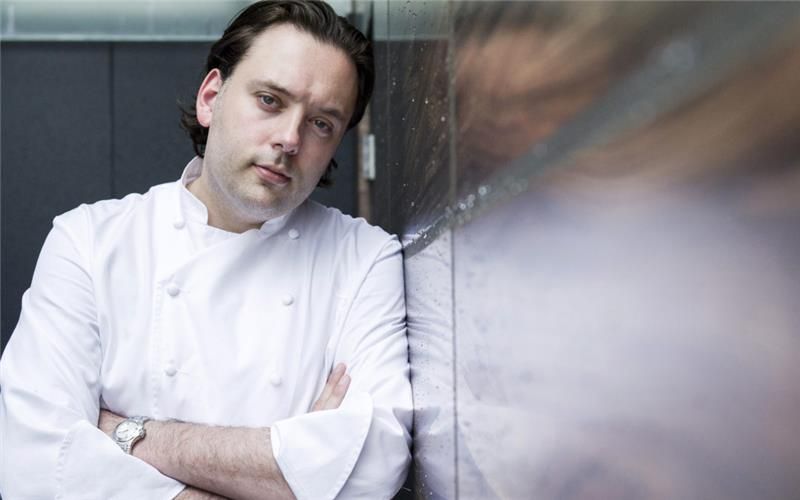
You also mentioned the Michelin star. So what are some of the biggest misconceptions young chefs have when it comes to understanding the Michelin Guide or earning stars?
Paul Liebrandt: Well, everybody likes badges and rewards, right? That's a thing of human nature, right? You know, you go on TripAdvisor, you go on Yelp, you go on anything that goes around the world, and there are stars, and that's part of how we justify what we think or feel. And that's really what it's about, right? Michelin has been around quite a while, well over a hundred years. And they have always been the standard bearers for me when it comes to one, two, three-star, as far as quality standards, a guiding kind of like Roman banner to kind of march behind. As a chef, you are very honored if they deem you worthy, and I've been lucky that I've had multiple stars throughout the years.
It's nice, it's wonderful, but that's not the reason to do this. Because they can take the stars away. It doesn't mean you're gonna stop doing this.
It's nice to have, but it's not the be-all and end-all of why you step foot into the kitchen every day. It's not, and it shouldn't be. But unfortunately, think young minds can be pushed.
I know that you have an international consulting firm. Can you tell me about that business?
Paul Liebrandt: I mean, aside from doing the restaurant stuff, I've always had a consulting management team from whatever you'd like to call it, that we do a lot of projects globally, all different levels, hotels, restaurants, private clients, you name it, that we've worked with for 20 plus years now, that we do all facets of the business; design, food, beverage, you name it, everything.
And it's very interesting to work with obviously a very, very diverse group of clients all over the world and see, depending where you go geographically, how people approach food and dining, what they like, what they don't like
Because the world is obviously such a much smaller place these days where you can get on a plane and be anywhere at any time than it was 30 years ago. You could still do it, but more people do it now. So it's very interesting to see and very exciting to see that we get to work with a lot of interesting people all over the world.
So when you consult for a restaurant, what is the first thing you assess?
Paul Liebrandt: It depends on what the restaurant wants. I have a lot of younger restaurateurs, chefs, and restaurant owners who want Michelin stars. So they come to me and say, This is what I want, how do I get it?
Is it realistic? Cause a lot of people want stuff, but you've got to be realistic with them, say, sounds great. But I've got to be honest with you. That's why I'm here, so it depends on where; a lot of it has to do with where they are.
To run a Michelin-star restaurant is expensive. It costs a lot of money to operate, which means you need to have a clientele that's coming consistently and that will spend enough to make it consistent as a business
Otherwise, you don't have a restaurant. And that is literally a case-by-case basis, whether it's Asia, the Middle East, Europe, America, everybody's different.
What do you look for in a great front-of-house team?
Paul Liebrandt: For a great front-of-house team, personally speaking, I think there has to be a good cadence of understanding of why they are there, that you, as a customer, would come to my restaurant, and you have an expectation, and you have, I wouldn't say a dream, but you have thoughts and feelings of what you think that experience will be.
Now, as good as the food may be, the service aspect, that touch, the feel, that first interaction when you walk through the doors, looking in the eyes of who greets you, who says goodbye to you, that is the front of house. And that can set or break the tone with anybody. It doesn't matter.
I can speak from a New York point of view. I think it's actually almost more important than that side of things in New York City, because people dine out a lot more here than they do in other places. So that welcome, that environment that is set, you want to, as a customer, sit in, spend your time, whatever else is going on, front of house is critical, critical.
So yeah, I think it's extremely important. The care and the environment, I think, the environment, the setting is crucial.
